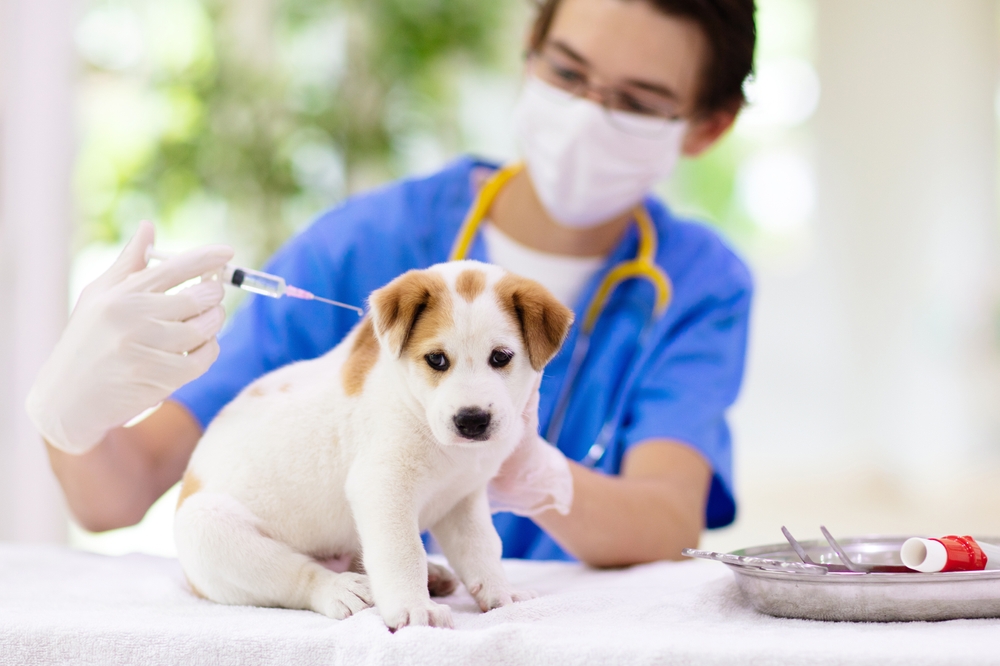
Bringing home a new puppy is an exciting milestone, but it also comes with responsibilities. One of the most important aspects of puppy care is ensuring they receive the necessary vaccinations to protect them from dangerous diseases. Vaccines help build your puppy’s immune system, preventing serious and sometimes fatal illnesses.
If you’re a first-time pet parent, understanding the puppy vaccine schedule can feel overwhelming. This guide will walk you through the recommended timeline to help you give your new furry companion the best start in life.
Why Are Puppy Vaccines Important?
Puppies are born with some immunity from their mother’s milk, but this protection fades over time. Vaccinations introduce safe amounts of disease-causing organisms, allowing their immune system to develop defenses without the risk of infection. A proper vaccination schedule ensures your puppy grows up healthy and protected from common threats.
6–8 Weeks
At this age, your puppy’s immune system is still developing, making it crucial to begin vaccinations.
DHPP (Distemper, Hepatitis, Parvovirus, Parainfluenza): This combination vaccine protects against four serious diseases.
Bordetella (Optional): If your puppy will be around other dogs, such as in a daycare or training class, this vaccine helps prevent kennel cough.
10–12 Weeks
DHPP Booster: Strengthens the initial protection.
Leptospirosis (Optional): Recommended for puppies that may be exposed to standing water or wildlife, as it protects against a bacterial infection that affects the liver and kidneys.
Canine Influenza (Optional): Helps protect against the dog flu, especially in social environments.
14–16 Weeks
DHPP Booster: This final booster ensures long-lasting immunity.
Rabies: Legally required in most areas, this vaccine protects against a fatal viral disease that can spread to humans and other animals.
Leptospirosis Booster (if given earlier).
6 Months to 1 Year
Rabies Booster (If required by law in your area).
DHPP Booster: Ensures continued protection.
Ongoing Annual Boosters
Once your puppy completes their initial vaccines, they will need periodic booster shots to maintain immunity. Your veterinarian will help create a long-term vaccination plan based on your dog’s lifestyle and risk factors.
Additional Considerations
Heartworm Prevention: While not a vaccine, heartworm prevention should begin early and be administered year-round.
Parasite Prevention: Flea and tick preventatives help protect against infestations and diseases.
Veterinary Checkups: Regular exams ensure your puppy stays healthy and on track with their vaccinations.
Get Started at Santa Monica Pet Medical Center
Vaccinating your puppy on time is essential for their long-term health and well-being. A structured vaccine schedule helps protect them from preventable diseases and ensures they can safely socialize with other dogs. Staying up to date with vaccines and veterinary visits will help your furry friend live a long, happy life.
If you’re unsure about your puppy’s vaccine schedule, schedule a consultation with Santa Monica Pet Medical Center to ensure your new companion receives the best care possible. Visit our office in Santa Monica, California, or call (310) 393-8218 today.







